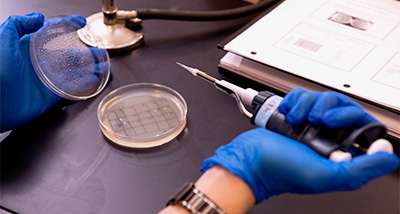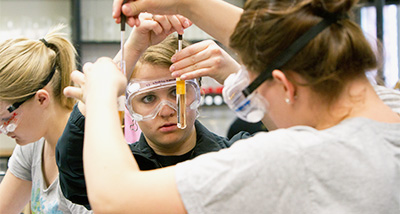

Neuroscience
Why Study Neuroscience?
Major | Science | CAS
An interdisciplinary in-demand field, neuroscience combines the science of psychology, biology and chemistry to understand how the brain and nervous system guide behavior and cognition. At UW-River Falls, our neuroscience program provides students with high impact opportunities including hands-on research, study abroad programs, peer mentoring and conference travel so graduates are equipped with the skills needed to thrive in the field.
Learn more about the neuroscience program and our Psychological Sciences Department at students.uwrf.edu/psyc.
- View a four year plan for neuroscience.
- View a four year plan for neuroscience (premed).
20+
Countries Represented in the Student Body
8
Living and Learning Communities
700+
Students in Honors Programs
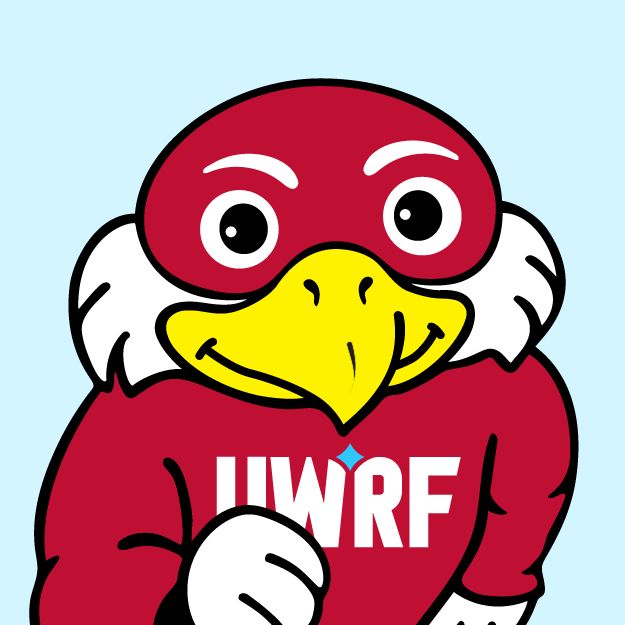
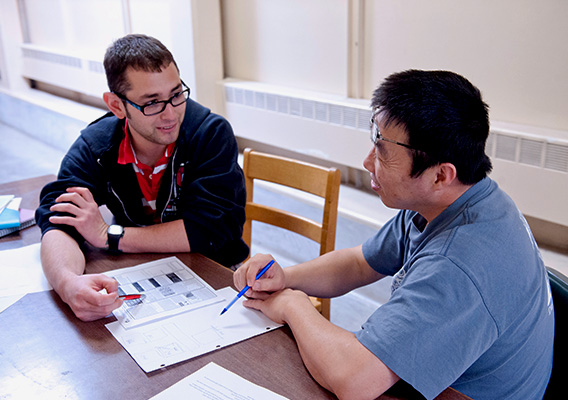
Skills and Learning Outcomes
- Understand the underlying sciences of neuroscience, including psychology, biology, chemistry and other emerging areas.
- Develop problem-solving and critical thinking skills.
- Form a comprehensive understanding of the complexities of neuroscience across the field – from theoretical to experimental – and across analysis levels – from cellular and molecular brain biology to behavior.
- Gain experience with modern research and scientific methods and develop proficiency with interpreting data.
- Practice collaboration, oral presentation, scientific writing and laboratory safety skills
Types of Courses
- Behavioral Statistics
- Bioethics
- Data Visualization
- Epigenetics
- General Chemistry
- Genetics and Evolution
- Introduction to Neuroscience
- Learning and Motivation
- Memory and Thinking
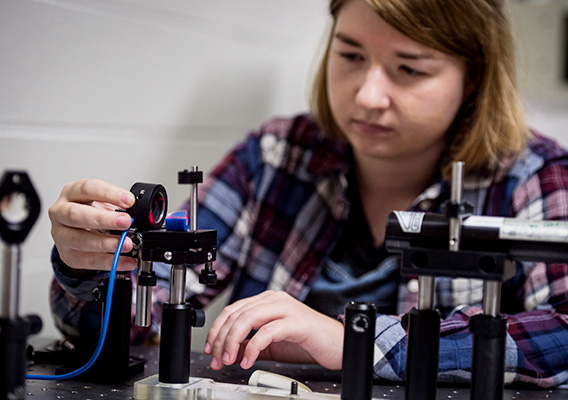
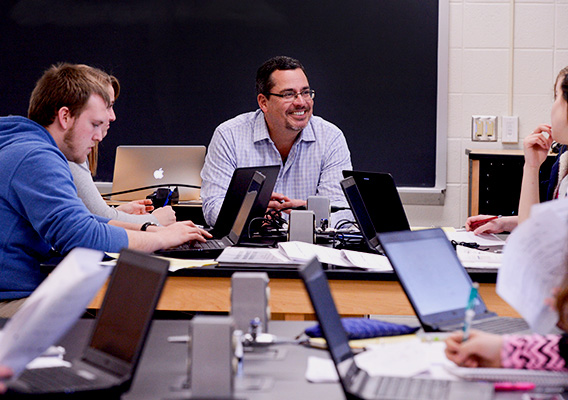
Potential Careers
Neuroscience graduates fill in-demand jobs in both the public and private sector. Many graduates choose to attend graduate or medical school, while others opt to enter the workforce. Future roles for you could include:
- Clinical Research Assistant
- Health or Science Educator
- Laboratory or Lab Animal Care Technician
- Medical or Healthcare Manager
- Pharmaceutical Sales Representative
- Science Advocate or Writer
Get More Information
Interested in learning more about UWRF or any of our 70+ areas of study? Just share your contact information and we'll be in touch!


